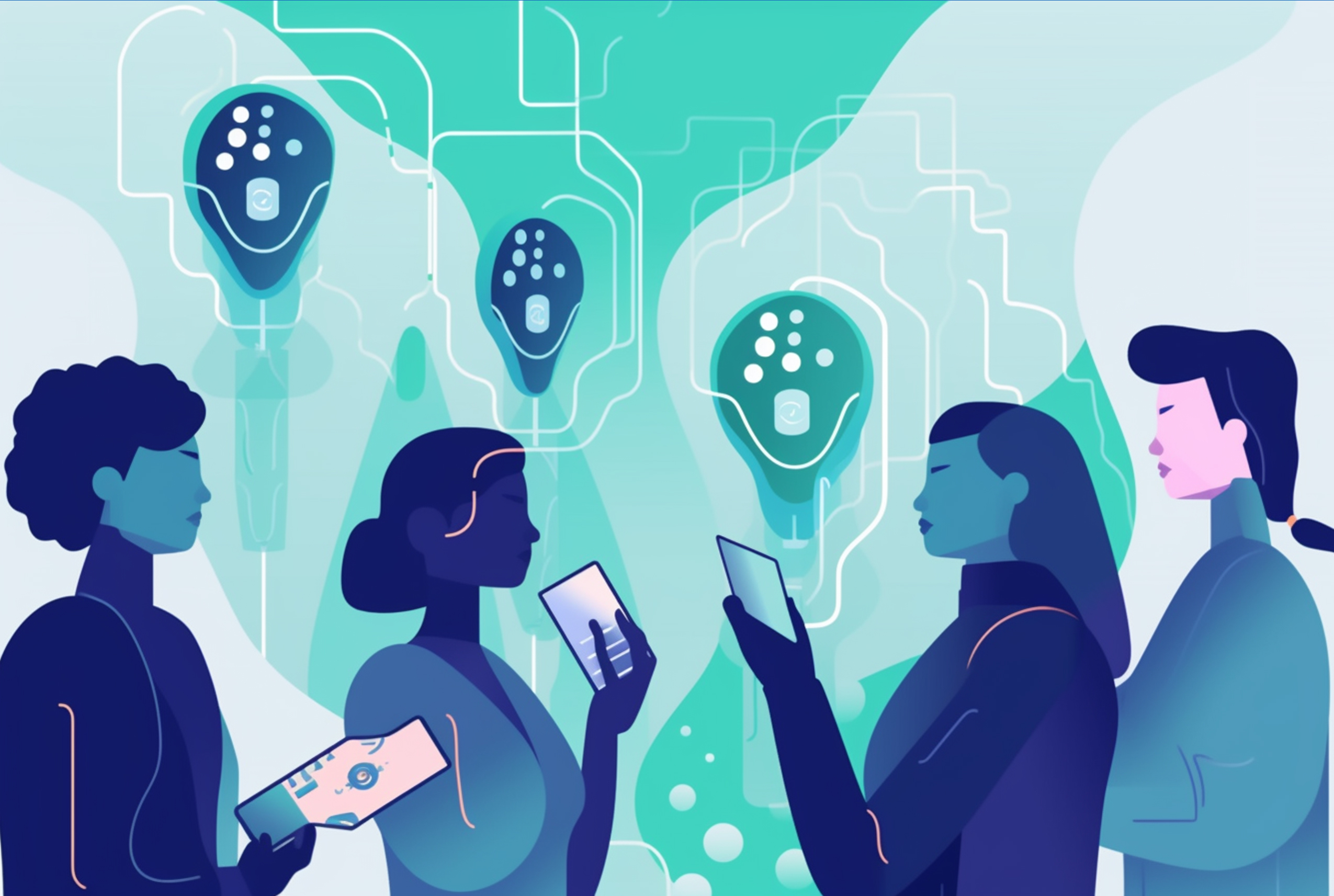No in its current state GPT, is not capable of serving as a mentor to an employee in the same way a human mentor can. While AI can provide guidance, recommendations, and insights based on data and algorithms, it lacks the emotional intelligence, empathy, and personal connection that are essential for effective mentorship.
Mentorship involves a relationship built on trust, mutual respect, and understanding between a mentor and a mentee. A human mentor brings their own experiences, wisdom, and subjective understanding of the mentee’s unique needs and aspirations. They provide personalized guidance, support, and encouragement tailored to the mentee’s specific situation.
Generative AI, on the other hand, relies on data-driven algorithms and patterns to provide information and recommendations. While it can offer valuable insights and assist with specific tasks, it lacks the ability to truly understand and empathize with the complex emotions, motivations, and challenges faced by individuals.
Therefore, while AI can play a role in supporting learning and development efforts, it cannot fully replace the role of a human mentor. However, there are ways in which Generative AI can complement the mentorship process:
Knowledge and resource augmentation:
Generative AI can provide access to vast amounts of information and resources, augmenting the mentor’s expertise. It can assist in gathering relevant data, recommending learning materials, or providing real-time information on specific topics.
Personalized learning experiences:
AI-powered systems can analyze individual learning patterns and preferences to deliver personalized recommendations for skill development and learning paths. This can supplement the guidance provided by a human mentor and cater to the unique needs of each employee.
Skill assessment and feedback:
AI algorithms can evaluate and assess employee performance, providing objective feedback on areas for improvement. Mentors to guide their mentees’ development and focus on specific skills or competencies can use this feedback.
Virtual simulations and role-playing:
Generative AI can create virtual simulations or scenarios that allow employees to practice skills, problem-solving, or decision-making in a safe and controlled environment. This interactive experience can enhance the learning process and provide opportunities for skill application.
Chatbots and virtual assistants:
AI-powered chatbots or virtual assistants can serve as a knowledge resource, answering frequently asked questions and providing instant support to employees. While not a replacement for human interaction, they can offer quick and accessible assistance, especially for common queries.
Though Generative AI cannot replace human mentorship, it can supplement and enhance the learning and development process by providing resources, personalized recommendations, feedback, simulations, and instant support.Companies can implement certain policies in the workplace to ensure responsible and effective use of GPT such as
Ethical Use Policy:
Establish guidelines to ensure that Generative AI is used ethically, fairly, and without bias. Monitor AI systems regularly and address any ethical concerns or issues that arise.
Data Privacy Policy:
Comply with data privacy regulations and protect user data. Clearly outline how data is collected, stored, and used, and educate employees about privacy rules and procedures.
AI Training and Awareness:
Provide training and resources to help employees understand the capabilities and limitations of AI. Keep employees informed about AI developments through workshops or training sessions.
AI Transparency and Accountability:
Define the decision-making process for AI systems and establish accountability for AI-driven decisions. Conduct regular audits and maintain logs to ensure transparency and accountability.
Human-AI Collaboration:
Encourage employees to view AI as a tool to enhance their work, rather than replace it. Foster open communication and feedback about AI implementation and its impact on employees.
AI Security Policy:
Implement robust security measures to protect AI systems and the data they process. Keep AI software up to date and establish guidelines for identifying and mitigating potential security threats.
Inclusivity and Diversity:
Design AI systems to be inclusive and free from discrimination. Regularly test and update AI systems to minimize biases and promote fair decision-making.
AI Impact Assessment:
Conduct regular assessments to evaluate the impact of AI implementation on job roles, employee morale, and productivity. Address any challenges or issues that arise from AI integration.
Intellectual Property and Ownership:
Define rules and procedures for AI-generated content and intellectual property. Clarify ownership rights and specify how AI-generated work can be used or shared.
External AI Collaboration:
Establish guidelines for working with external AI partners, including vendor selection, relationship management, and compliance with company policies.
By implementing these policies, a company can ensure the responsible and beneficial use of Generative AI in the workplace while safeguarding privacy, promoting fairness, and maximizing the potential of AI technologies.
Green Learning Management Systems have the potential to redefine digital learning by incorporating sustainability at their core. By embracing Green LMS, organizations can not only contribute to global sustainability efforts but also enjoy benefits such as cost savings, improved brand reputation, and enhanced employee engagement. As technology and awareness about environmental issues continue to grow, we can expect to see further advancements in Green LMS platforms, paving the way for a more sustainable future in the e-learning industry. Find here more information LMS for Corporate, LMS for SME, LMS for Schools. LMS for University & College.


